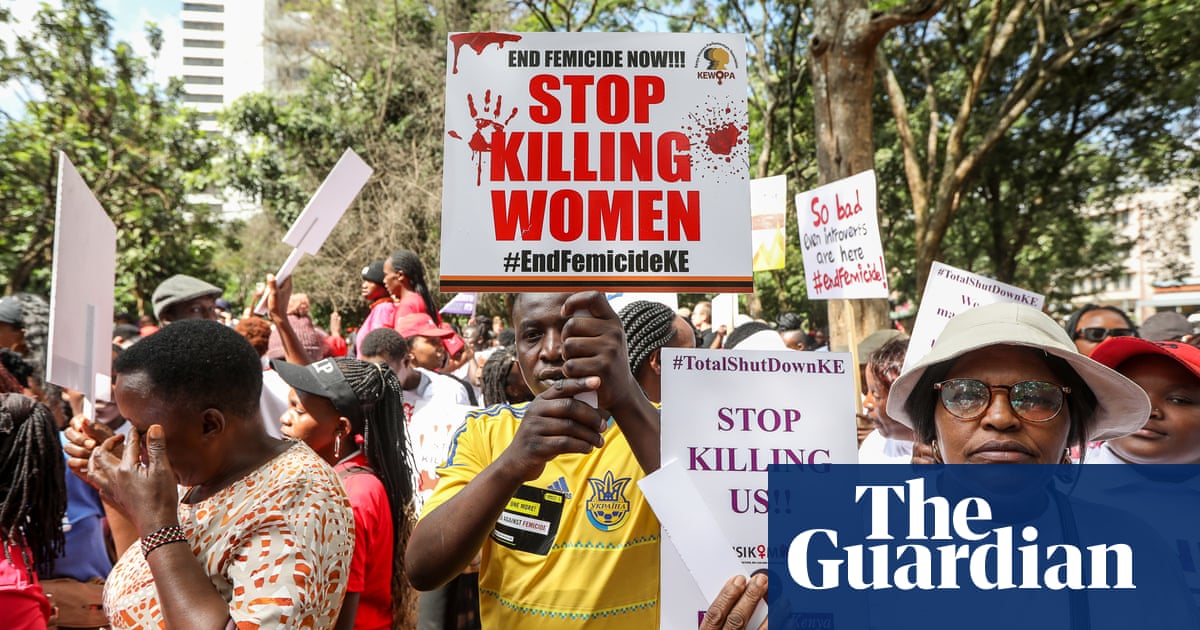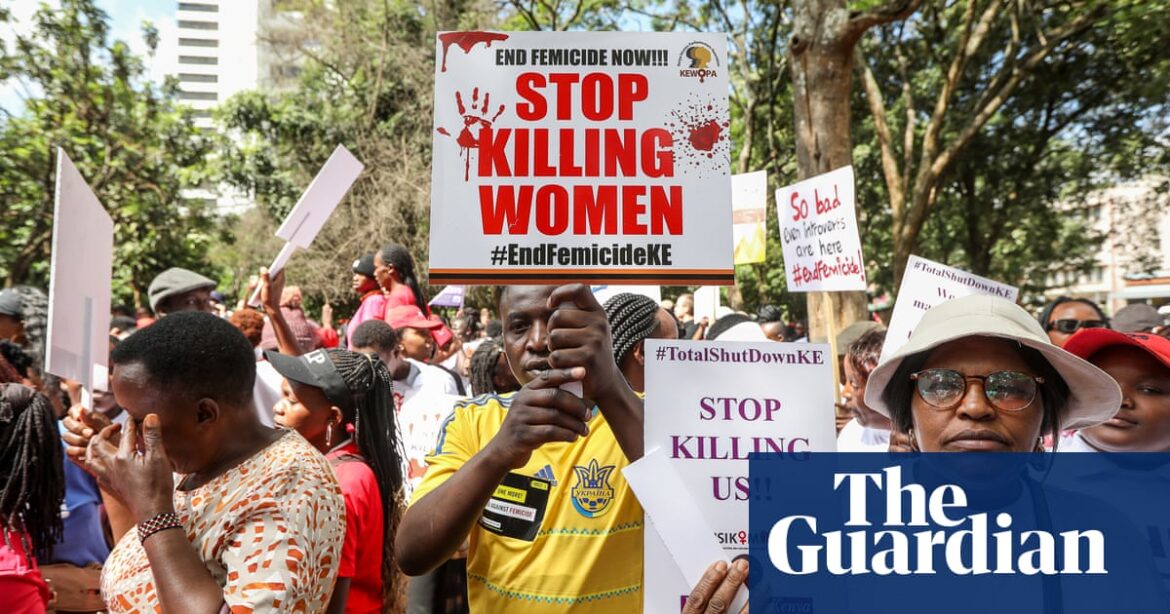
Demonstrations against the murder of women have occurred throughout Kenya following an increase in the number of homicides this month.
There has been public outcry, discussion, and protests throughout Kenya, specifically in Nairobi, Kisumu, and Mombasa, due to reports of at least twelve incidents of femicide in the past year.
On Saturday, numerous women participated in marches in major cities, holding signs that demanded an end to femicide. The signs featured hashtags such as #StopKillingUs, #EndFemicideKe, and #WeJustWantToLive. Some signs also displayed the names of women who have been victims of femicide in the past few months, with messages like “Say Their Names” and “SheWasSomeone”. Online, tens of thousands of posts advocating for an end to these brutal killings gained popularity.
Since 2016, there have been over 500 reported cases of femicide in Kenya. However, organizations tracking these deaths believe that the true number may be even higher due to cases that go unreported or instances where crucial information is left out in police or media reports, leading to misclassification of the deaths.
According to Africa Data Hub, most instances of femicide were committed by men who were in intimate relationships with the women and knew them. The organization’s data revealed that a significant number of these murders were preceded by ongoing domestic abuse.
Prior to the march, women expressed their concerns and motivations for protesting, citing worries about their well-being and interactions with men, distress from constant media coverage of recent deaths, and public discourse that challenged women’s independence.
Demonstrators demanded that femicide be formally acknowledged as a criminal offense, arguing that the current classification as murder fails to consider the specific circumstances of these killings. These circumstances are characterized by unequal power dynamics between genders and harmful societal expectations of gender roles.
Maria Angela Maina, a 26-year-old lawyer and advocate for gender equality, participated in the protests and stated that there is a lack of understanding about femicide. She believes that the circumstances surrounding these murders are distinct from regular homicides. She views the increase in awareness and active protest as a powerful step towards addressing this issue.
Some activists argue that the increasing outcry may indicate a heightened understanding of femicide, and they are optimistic that it will lead to stronger enforcement of laws designed to protect women.
Unfortunately, some individuals expressed their opposition and made threats towards the protesters. A video was shared on the internet showing two men who were against the demonstration and even went as far as threatening to harm women. In a heated rant, one of the men stated that women must engage in sexual acts in exchange for financial benefits or suffer the repercussions.
Boniface Mwangi, an activist, urged more men to join in the movement to stop violent killings. He emphasized the importance of men speaking out against femicide, stating that as a man and a father, he does not condone the actions of those who perpetrate it.
There has been an increase in demands for the leaders of the country to take action against the issue of femicide.
Akili Dada, a non-profit organization for women, urged the authorities to take action and put in place effective measures to safeguard women and girls. They emphasized the urgency of the situation.
Source: theguardian.com



